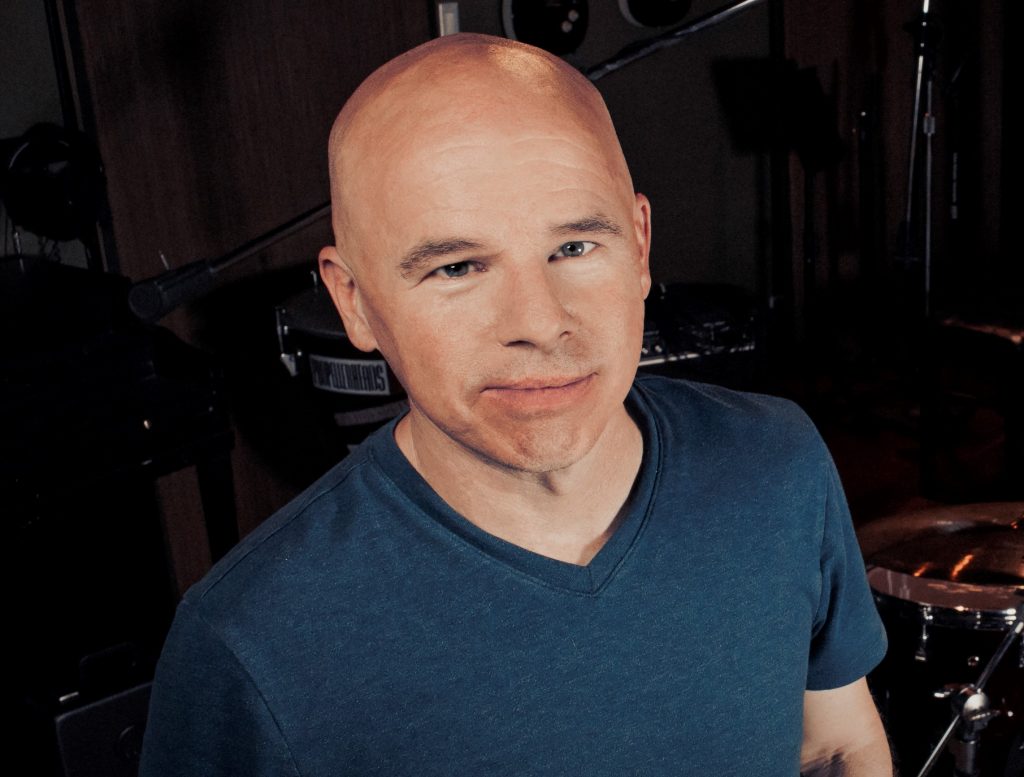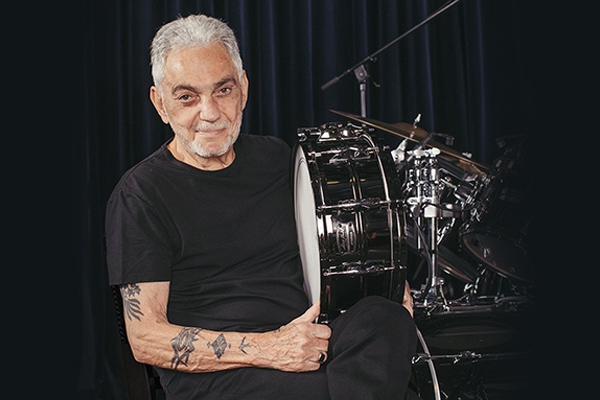Top 10 Drum Practice Tips
These are some of the most effective ways to learn to play drums.
There are no shortcuts to becoming an excellent drummer. It requires time, a plan, commitment, desire, consistency, perseverance and patience.
However, certain aspects of what (and how) we should practice have been handed down for decades. Some are based on custom, intuition, hearsay, trial and error, or tradition … but not all are based on facts. My years of research in neuroscience have led to designing some more effective ways to practice and learn to play drums.
Based on these findings, here are the top 10 recommendations I make to my students:
1. Know the How and the What
How to practice is just as important as what to practice. Spend 75% of your practice time in the learning zone and 25% in the comfort zone. We’re in the learning zone when we work on things that challenge and stretch us; we’re in our comfort zone when we’re playing things we can already do fairly well. The learning zone is where improvement is made.
2. Identify Your Goal
If your ultimate goal is to make music with other musicians, then always keep that as your target when you select things to practice and study. For example, if you want to improve your jazz or Afro-Cuban drumming, identify or have your teacher recommend specific things to work on and listen to that are consistent with that goal.
3. Practice the Way You’ll Play
As much as possible, practice the way you’ll play, which is in context with music. In other words, don’t just practice free-form: play along to recordings, loops, etc., and in a wide range of tempos, volumes and styles.
4. Track Your Progress
However you obtain it, feedback is critical to your development and to the avoidance of acquiring bad habits. So, in addition to listening to many different recordings of music and drummers, you should also listen frequently to recordings of yourself in order to track your progress and recognize any weaknesses in your playing. Beginning students should share those practice recordings with their teacher, who can identify issues to work on; advanced players can do this on their own. Here’s a good habit: Try and record yourself every time you practice, even if it’s just for a couple minutes playing on a pad, to evaluate what you’re doing and how you’re doing it.
One of the most effective tools for obtaining instant feedback is an electronic drum kit (I recommend Yamaha DTX6 Series electronic drums). Many have built-in recording capability and the ability to connect a laptop, tablet or smartphone, making it easy to record, edit, store, share and evaluate your progress.
5. Mix It Up
After practicing something for twenty to thirty minutes, move on to something completely different. Then, the following day or two, return to practice the original idea, relying on your memory. This learning process is known as interleaving. In contrast, a more typical but less effective form of practice is called massed or block practice, where you spend hours working on one specific thing. When you do this, you may feel like you’ve attained some mastery, but it is short-lived.
Also, mix it up by practicing many different styles of drumming and music in order to expand your own unique musical voice. Music and drumming are becoming more homogenized, with styles overlapping and new hybrids springing up all the time. When it comes to both listening and playing, it helps greatly to draw from many different sources.
6. Create and Improvise
Use your imagination when practicing. Learning becomes unlimited through what’s known as elaboration, which is adding your own elements and ideas to what you’re practicing — in other words, making it your own. This will promote both learning and memory, and help bridge the gap between practice and performance.
7. Understand What You’re Learning
Just having the ability to physically play something is not enough. Understanding what you’re learning — and why — makes information useful, usable and transferrable. Read and study articles, interviews, transcriptions, books, magazines and websites.
8. Focus
Keep your practice focused and free from distractions like texting, watching TV, checking social media, etc. Thinking that you can multi-task while focusing on your practice and learning is a myth. Although you may be able to drive a car and listen to music at the same time, learning and developing advanced skills requires intense focus — so put your smartphone in another room and concentrate.
9. Sleep and Rest
Get enough rest and sleep — at least 7 to 8 hours a night. This is the critical time when your brain moves what you’re learning from short-term into long-term memory, which hastens development and growth. Plus it’s almost impossible to concentrate and learn if you’re tired! In addition, it’s highly beneficial to both learning and motor skill growth to take a break every 60 or 90 minutes and just relax a bit and expand your view from narrow to wide — take a walk, meditate, call a friend. Deep focus followed by relaxation is an excellent formula for practice and development.
10. Be Patient and Have Fun
When stressed and frustrated with your practice or playing, remember why you probably started playing in the first place — because it was fun! Some ideas and ways to play can be learned fairly quickly; other aspects can take many years. Commit to lifelong learning and improvement in drumming (as well as in all areas of your life!), and have a great time doing it.
For more information, visit https://www.dicciani.com.
Check out these related blog articles:
Practice Exercises for the Beginning Drummer
The Benefits of Recording Drum Practice and Performance
How to Practice Drums Without Disturbing the Neighbors
Five Reasons Why You Should Practice On Electronic Drums
Three Ways That Apps Can Help Your Electronic Drumming
How To Get the Most Out of Your E-Drum Metronome
Click here for more information about Yamaha drums.
Click here for more information about Yamaha electronic drums.















